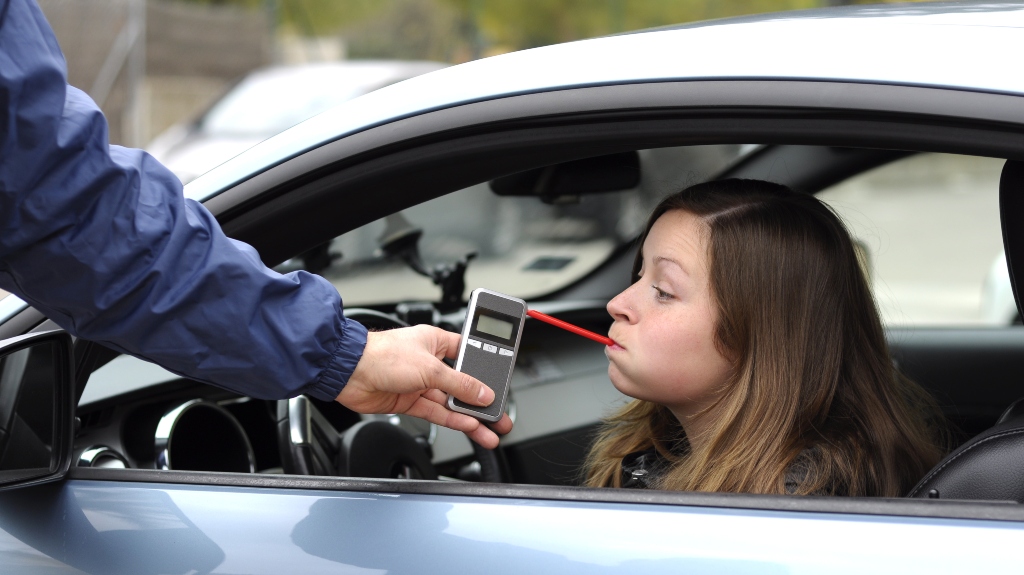
If you have been convicted of an OUI (Operating Under the Influence) or are facing an OUI charge, you may be wondering what this means for your future. You may be wondering how this may impact your future ability to drive, secure jobs, and get car insurance.
Massachusetts has one of the strictest OUI policies in the country. The effect of an OUI in Massachusetts is twofold as it goes on both your driving record and your criminal record.
The Effect of an OUI on Your Driving Record
An OUI remains on your driving record for a minimum of 10 years. After 10 years, you can petition the court to remove the charge from your driving record. The court’s decision will depend on multiple factors, but mainly your driving record since the offense. A clean record since the offense could go a long way in swaying a judge. You may feel the need to take this step to clear your driving record as an OUI charge can have a drastic impact on insurance prices. A clean driving record is also a necessity for those with jobs that involve significant amounts of driving, especially those requiring a Commercial Driver’s License.
No matter how long it has been since your OUI conviction, it will remain on your record until you petition the court. Additionally, no matter how many years later, any subsequent convictions will still be treated as a second offense and bring harsher penalties, even offenses that occurred in different states. This is because of Massachusetts’ “lifetime lookback period”.
The Effect of an OUI on Your Criminal Record
An OUI will remain on your criminal record unless you’ve gone through the process of getting it expunged. Expungement is a lengthy, tricky process with no guarantee of success. If the OUI charge was a misdemeanor, you can file a motion to expunge after three years. If, however, the OUI charge was a felony offense, there is a seven-year waiting period before it may be expunged. It is extremely rare for an OUI to be expunged from your record in Massachusetts. It is far easier to get your record sealed, especially if you were under the age of 18 at the time the OUI took place. Sealing a record means that government officials will still see a record of the OUI conviction, but it won’t show up on regular background checks. Not having a public record of an OUI conviction can help in many areas including securing jobs, loans, and housing.
Reopening Massachusetts OUI Cases from 2011 to 2019
If you were convicted of an OUI in Massachusetts between June of 2011 and April of 2019, you may be eligible to have your case reopened. Attorney Bernard’s work in Commonwealth v. Anais called into question the reliability of breath tests within that period. The Court in that case concluded that evidence from a breathalyzer that was calibrated between June of 2011 and April 18, 2019 is no longer valid. If you were convicted of an OUI during that period and believe your case may have involved an unreliable breathalyzer test, contact the Law Offices of Joseph D. Bernard to fight for your innocence.
Facing an OUI Charge in Massachusetts? Contact an Experienced OUI Attorney Today!
Let the experienced attorneys at The Law Offices of Joseph D. Bernard P.C. help minimize the impact of an OUI charge on your record. Our office will fight for your rights and your future. We have a proven track record of OUI cases dismissed. With over 50 years of experience, let The Law Offices of Joseph D. Bernard investigate the facts of your case and come up with the best strategy for you. Contact us today!
